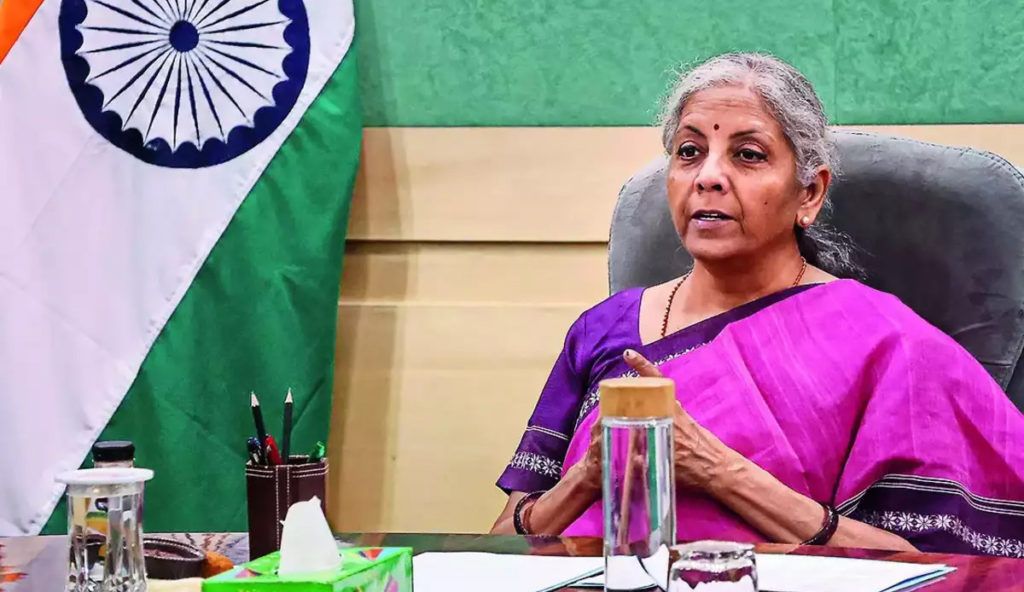The Economic Survey 2023-24, presented by Union Finance Smt Nirmala Sitharaman in Parliament, underscores the crucial role of cooperatives. The Indian agriculture sector, bolstered significantly by cooperatives, stands as a remarkable success story, the Survey reads.
From being a food-deficit nation reliant on imports in the 1960s, India has evolved into a net exporter of agricultural products in this journey, it notes. The Survey emphasizes the need to transition from basic food security to nutritional security, highlighting the growing demand for pulses, millet, fruits, vegetables, milk, and meat over basic staples.
It suggests that farm sector policies should align with a ‘demand-driven food system’ that is both nutritious and sustainable. Cooperatives can play a pivotal role in this alignment by ensuring fair market practices and equitable resource distribution.
To enhance market functionality for farmers, the Economic Survey offers five key policy recommendations, many of which underscore the role of cooperatives. Firstly, it advises against banning futures or options at the first sign of price spikes, advocating for intelligent regulatory design.
Cooperatives can help stabilize markets by collectively negotiating and managing futures contracts for their members. Secondly, it recommends invoking export bans only under exceptional circumstances, allowing farmers to benefit from higher international prices. Cooperatives can organize farmers to collectively manage exports, ensuring they maximize benefits from global market trends.
The Survey also suggests re-examining India’s inflation-targeting framework to exclude food, recognizing that higher food prices are often supply-induced. Cooperatives can play a role in stabilizing food supply through collective storage and distribution, mitigating the impact of supply shocks.
Additionally, it highlights the need to increase the Total Net Irrigated Area and improve irrigation efficiency. Cooperatives can support this by adopting and promoting efficient water utilization practices and technologies like drip irrigation among their members.
Finally, the Survey advocates for farming practices that align with climate considerations. Cooperatives can lead the way in promoting crop-neutral incentive structures and sustainable farming practices, reducing the environmental impact of agriculture.
Agriculture sits at the intersection of sustaining food and nutrition security, climate change adaptation and mitigation, and the sustainable use of critical resources. Cooperatives, by their very nature, are well-positioned to address these challenges through collective action and resource management.
The Survey highlights the need for structural transformation in agriculture to address water scarcity and climate change, noting that cooperatives can drive the adoption of sustainable practices and technologies, ensuring long-term viability and resilience of the agricultural sector.
The surge in agricultural employment during the COVID-19 years and the challenges posed by recent climatic events necessitate a serious reassessment of India’s farm sector policies, with cooperatives at the heart of this transformation.


